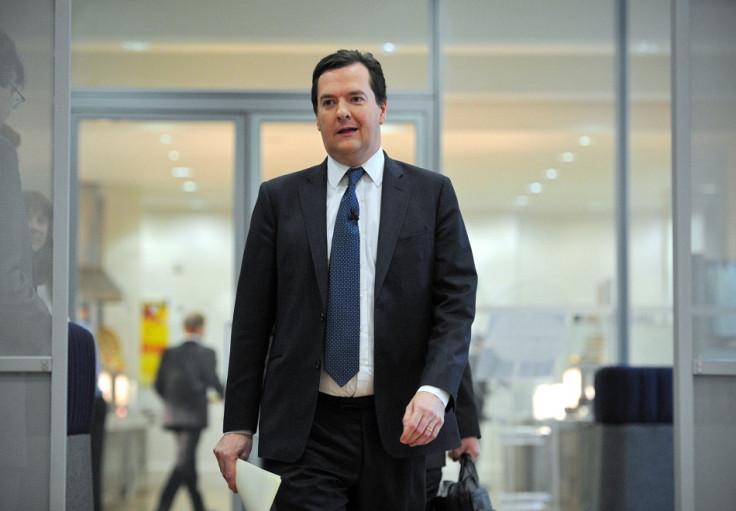TUC: UK Recovery Languishing 'Way Behind Schedule'

Average British earnings are more than a quarter lower in mid-2013 than the Office for Budget Responsibility predicted when the coalition government took office - leaving workers £780 out of pocket.
New research published by the Trade Union Congress (TUC) has produced a range of figures that compares the original forecasts of the OBR with actual data, which will not make comfortable reading for Chancellor George Osborne.
Key indicators of the UK economy such as GDP, exports, unemployment, average earnings growth and business investment have all been lagging behind OBR projections, says the TUC.
"The government has been quick to proclaim recent growth as proof that the economy is working," said General Secretary Frances O'Grady but she added the findings of the TUC show "the recovery is way behind schedule" and it is "not delivering for working families".
Nuts and Bolts
Many of the numbers the TUC have unveiled are evidence of the UK's worst economic recovery in a century.
Export levels, a key part of the chancellor's strategy to rebalance the economy away from financial services, are 20% beneath expectations costing the UK £33.2bn ($51.6bn, €39.2bn) a year, the TUC estimates.
Meanwhile economic growth since 2010 has been 4.2% instead of 7.9%, as predicted by the OBR. This means, in cash terms, the economy is £60bn smaller in mid-2013 than it was supposed to be, after seeing around half the expected rate of growth predicted by the OBR.
Investment in new businesses grew at just a quarter of the pace expected with a £24.8bn gap.
The shortfall in investment might leave the government's rhetoric that it supports innovation in doubt among budding entrepreneurs.
On the jobs front, 158,000 more people are out of work than expected with the current unemployment rate at 7.8% instead of the forecast 7.3%.
Added to the dilemma of a high unemployment rate is that 80% of the jobs which have been created from 2010 are in low-paid sectors. And nearly 46% of the total increase in employment has been of a temporary nature.
The TUC indicated that it believes disappointing growth is "too little too late" and there is a connection between weak growth and a vulnerable workforce.
A poor labour market has led to a rise in zero-hour contracts, underemployment and diluted wages argues the TUC.
© Copyright IBTimes 2024. All rights reserved.






